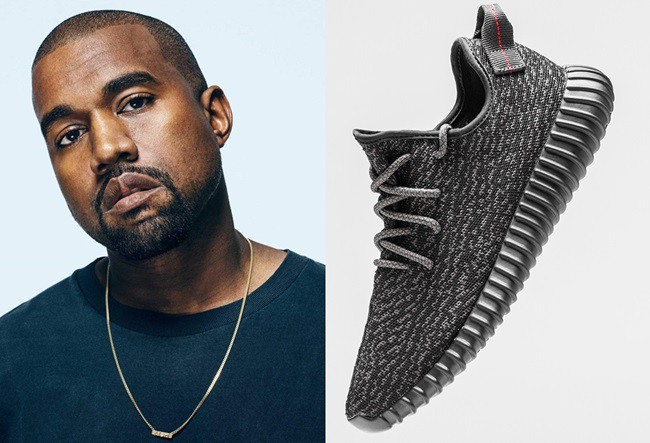Many people would love to do the same.
許多人都樂意如此。
For millions, “creative” has talismanic allure.
對無數人來說,“創意人士”這一標簽都具有護身符般的吸引力。
It holds the possibility of a more meaningful and exciting existence than what was available to previous generations.
有著讓當下的“創意人士”比前幾代同行活得更有意義,更激動人心的可能。
It points to a new kind of middle-class dream,
它指向的是一種新型的中產階級夢想,
one free from wearying manual labor or the white-collar drudgery of cubicles and spreadsheets.
一種擺脫令人厭倦的體力勞動,或白領那種在狹小的工位上整天和表格打交道的單調工作的夢想。
It promises a career, a life, that makes room for self-expression, imagination, even beauty.
它許下的是能為自我表達,想象力,甚至是美麗騰出空間的事業和生活。
But “creative” is often a red flag, a signpost marking an insidious trade-off.
不過,“創意人士”這個詞通常也是種危險信號,一種提示有權衡得失問題潛伏的路標。
A “creative” job listing may lure you to pursue your destiny, freed from old social strictures — but also freed from traditional benefits and security.
一份招募“創意人士”的招聘啟事可能會誘使你去追求自己的命運,擺脫了傳統社會束縛——同時也失去了傳統的好處和安全——的命運。
For the privilege of doing “creative” work,
為了獲得從事“創造性”工作這一榮耀,
we are asked to accept conditions of financial anxiety and precariousness that in previous times were unthinkable to the gainfully employed.
我們被要求接受經濟上焦慮和不穩定等問題,而從前,這些問題在有收入的就業者眼里是無法想象的。

“Creative” puts lipstick — or, more precisely, a pair of Warby Parker eyeglasses and a sleeve tattoo — on a pig.
現在的“創意人士”做的都是往豬嘴上抹口紅,或者更準確地說,往豬身上戴沃比·帕克的眼鏡,給豬紋花臂這種事。
It dresses up a ruptured social compact, the raw deal of the gig economy, as bohemian freedom.
將破裂的社會契約——零工經濟的不公平待遇——裝扮成波西米亞式的自由。
The struggle to make ends meet while making good work has long defined the existence of those who choose to live as artists.
長期以來,那些選擇以藝術家的身份生活的人,他們的生活一直都被打上了明明創作出了好的作品,卻還是要為生計發愁的烙印。
Today, countless freelancing creatives are tasting that desperation, often while doing “creative” grunt work for big corporations.
如今,不計其數的自由職業“創意人士”也嘗到了這種絕望的滋味,他們大多又是在為大公司做繁重的“出創意”工作時嘗到的。
The repercussions ripple through the economy and through personal lives, and, yes, sometimes they pop up on the internet.
其影響波及到了整個經濟,也波及到了“創意人士”們的個人生活,沒錯,有時,這種影響還會出現在互聯網上。
Caroline Calloway has been cast as a villainous “scammer,” but the truth may be more complicated.
卡洛琳·卡洛韋被塑造成了一個邪惡的“騙子”,但真相可能并沒有這么簡單。
Like so many young people — like, for that matter, so many middle-aged people and senior citizens —
和許許多多的年輕人一樣——而且,就這件事而言,還和許多中年人和老年人也一樣——
she is navigating a system that promises rewards it cannot deliver to people with entrepreneurial spirits and artistic inclinations.
她帶領了一個對具有創業精神和藝術傾向的人承諾了它根本兌現不了的回報的體系。
The message we are sending to creatives is clear:
我們想向創意人士們傳達的信息很明確:
It may not do much for your bank account, but your work will enrich you emotionally.
你的工作或許對你的銀行賬戶并沒有多大幫助,但它能豐富你的情感。
Besides, shouldn’t you be grateful to earn any money at all for doing something you love — something creative?
除此之外,你難道不應該為做自己喜歡的事情——有創意的事情——的時候還能賺到錢,無論多少,而心存感激嗎?
譯文由可可原創,僅供學習交流使用,未經許可請勿轉載。



